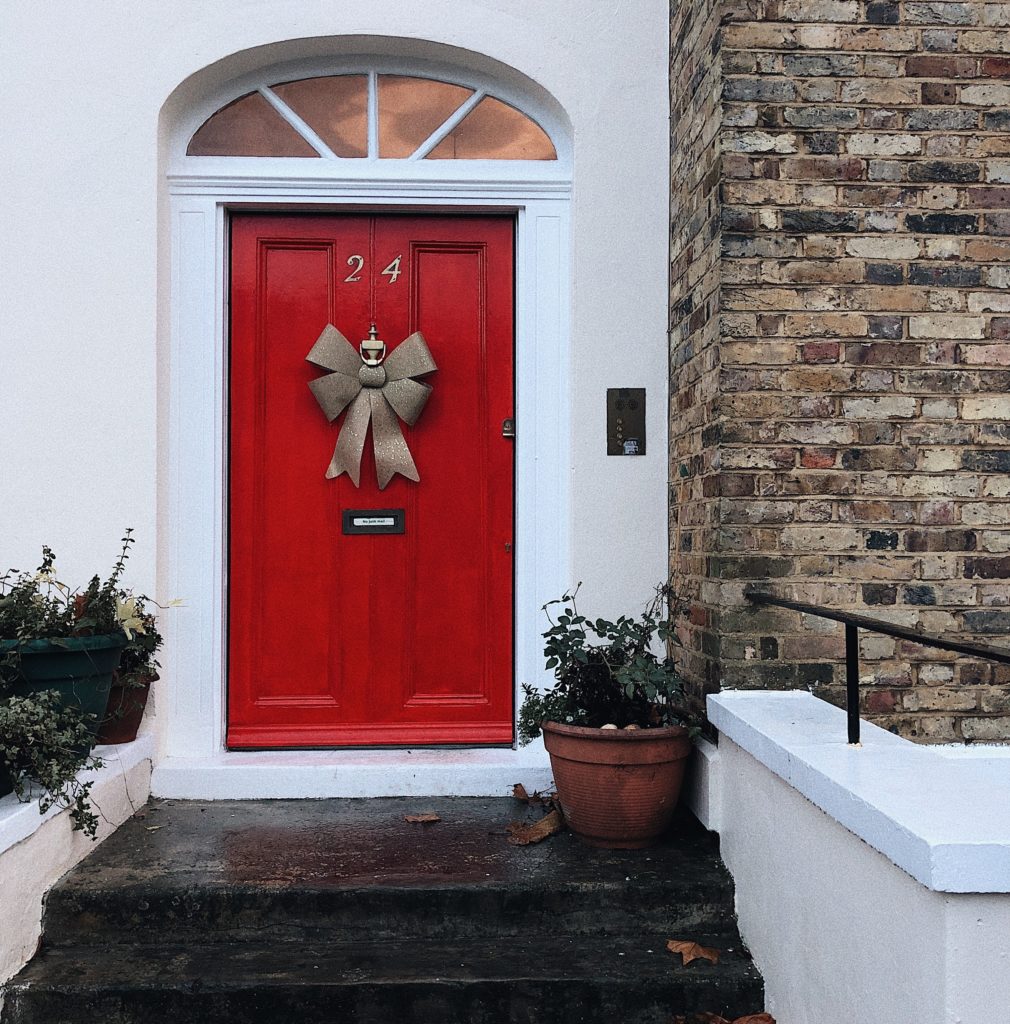I am a 22-year-old quickly approaching college graduation in May. One would think my housemates and I are aptly prepared and educated about living independently in our first house – think again. We have no idea what we’re doing – which made me wonder – do others living in their first houses know what they’re doing, especially when it comes to home fire safety?
Interning at the American Red Cross, I worked closely with the media team in charge of the Home Fire Campaign. This taught me the importance of keeping yourself and your home safe, but you don’t need an internship to learn how important and easy fire safety is! Below are some personal experiences illustrating what not to do and safety tips I learned through the Home Fire Campaign.
Don’t:
- Wait to talk about fire safety until your housemate is heating the house with your gas oven.
- Tie your plastic Christmas tree to the radiator for support.
- Use a space heater to “dry off” your mittens and then walk away.
- Leave candles unattended because lighting your room exclusively with them improves your feng shui.
- Let your housemates remove the batteries from the smoke alarms for four months because they keep burning their food.
If you think many of these seem obvious, you’re right. Everyone grows up with different understandings of safety and there are many tasks and chores that may not be evident when you’re living in your first house. Here are some home fire safety tips to follow so you may enjoy all that living in a house has to offer.
Do:
- Make sure you or your landlord install the correct number of smoke alarms. Test them once a month and replace the batteries at least once a year.
- Ensure all household members know two ways to escape from every room of your home and know the meeting spot outside of your house.
- Keep items that can catch on fire at least three feet away from anything that gets hot, such as space heaters.
- Turn portable heaters off when you leave the room or go to sleep.
- Never leave a burning candle unattended, even for a minute.
- Make sure your home heating sources are clean and in working order. Many home fires are started by poorly maintained furnaces or stoves, cracked or rusted furnace parts or chimneys with creosote buildup.
- Avoid overloading outlets or extension cords.
- Yes, that means not having the TV, cable, Wi-Fi, lamps and Christmas tree all on the same extension cord.
We might not know what the future holds, and we have so much more to learn in life, but at least we won’t burn down our house trying. For more home fire safety tips, visit redcross.org.

